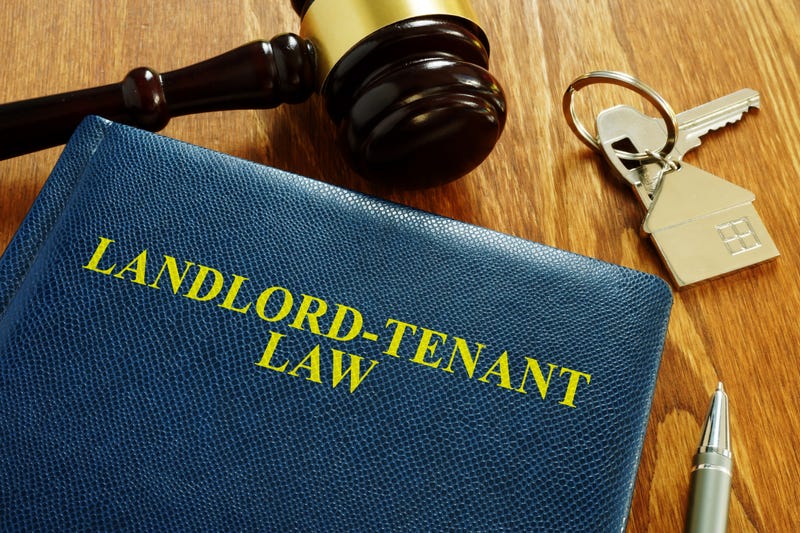
CHICAGO (WBBM NEWSRADIO) -- Suburban Cook County renters would have new protections under an ordinance that landlords say is unfair.
The proposed legislation, called the Residential Tenant and Landlord Ordinance, would put caps on late fees and security deposits, allow renters to withhold payments when repairs aren't made or utilities aren't bring supplied, and stiffen penalties for lockouts, among other provisions.
The measure is up for a vote Tuesday by the county board's zoning and building committee, before the full board considers it Thursday.
It would affect about a quarter-of-a-million renters in suburban Cook County, as well as their landlords. It wouldn't apply to owner-occupied buildings of six or fewer units.
Commissioners Scott Britton of Glenview and Kevin Morrison of Mount Prospect, are behind the ordinance, in the works for a couple years, but sped up due to the pandemic.
"The point of this ordinance is to address what is to me a glaring need for help for Cook County renters," said Commissioner Scott Britton of Glenview, who is a chief sponsor with Commissioner Kevin Morrison of Mount Prospect. "Ninety-nine percent of landlords are great. I have friends who own residential buildings. They do a good job. But there are some bad apples, like in every business."
The Daily Herald reported critics in the real estate industry argue that they’re trying to capitalize on the pandemic to pass a legislative wish list, at a time when landlords' revenues have plummeted and their costs have increased.
Under the county proposal, late fees would be limited to $10 a month for the first $1,500 in rent, plus 5 percent per month for anything above that level. Security deposits could not be more than 1.5 times a month's rent, or be disguised as "move-in" fees. Landlords who lock out their tenants, an action already illegal under state law, can be fined up to $500 a day.
Besides Chicago, similar ordinances are on the books in Mount Prospect and Evanston, the Daily Herald reported. The proposed county regulations wouldn't apply to towns with their own versions.
If approved, the ordinance would take effect in June, though an anti-lockout provision would apply immediately.

